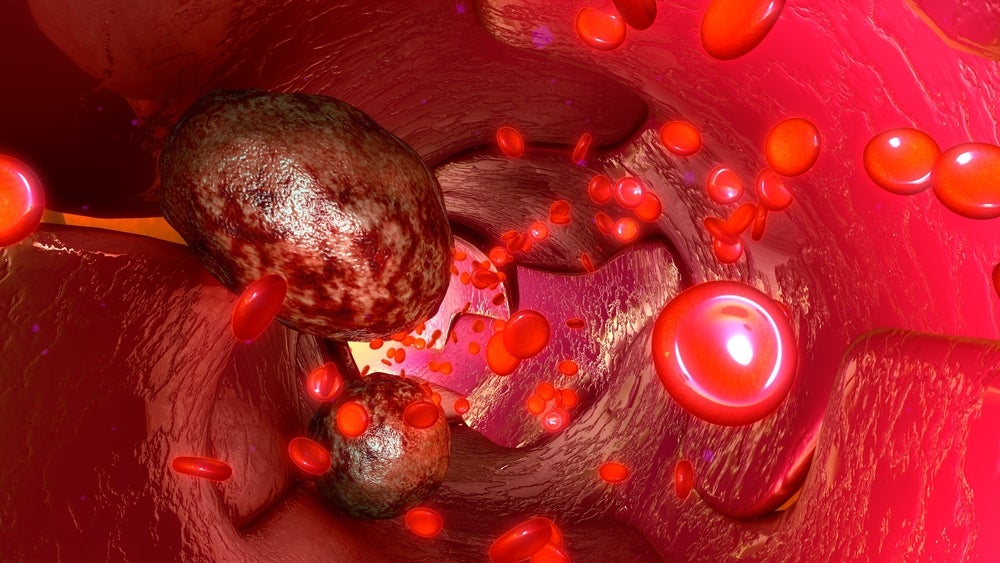
Menarini Silicon Biosystems has revealed positive results demonstrating the utility of its CellSearch system to optimise treatment strategy for patients with advanced breast cancer.
The findings, which were published in the Journal of Clinical Chemistry, are the final results from the investigator-led DETECT III trial using Menarini’s circulating tumour cell (CTC) test. The study was led by Dr Wolfgang Janni, professor and chair of the obstetrics and gynaecology department at the University of Ulm, Germany.

Discover B2B Marketing That Performs
Combine business intelligence and editorial excellence to reach engaged professionals across 36 leading media platforms.
The Phase III trial (NCT01619111) investigated the efficacy of human epidermal growth factor receptor 2 (HER2)-targeted therapy in patients with metastatic breast cancer who had HER2-negative tissue biopsy but were screened for HER2-positive CTCs.
Patients either received Novartis’ Tyverb (lapatinib), a tyrosine kinase inhibitor also known as Tykerb in certain markets, in combination with standard therapy or standard therapy alone. Patients who received the Tyverb in combination with standard therapy had an improved overall survival of 20.5 months compared to 9.1 months in the comparator arm.
The Italy-headquartered Menarini Silicon Biosystems said the results suggest CTC-guided treatment could help optimise treatment strategies.
The trial used the minimally invasive cell-based blood cancer test CellSearch system and its accompanying HER2 tumour phenotyping reagent. A total of 2,137 patients were screened, with 105 patients, who had at least one detected HER2-positive CTC, randomised to one of the trial arms.

US Tariffs are shifting - will you react or anticipate?
Don’t let policy changes catch you off guard. Stay proactive with real-time data and expert analysis.
By GlobalDataThe HER2 status in breast cancer patients is known to change, with the study aiming to address gaps in knowledge about whether therapy based on the HER2 status of CTCs offers clinical benefit. According to Menarini Silicon Biosystems, patients would not have been eligible for HER2-targeted therapy based on tumour site characteristics and current standard of care.
Dr Wolfgang Janni said: “The results of this trial suggest the potential of CTCs as non-invasive surrogates for invasive tissue-based biomarkers, as well as an early monitoring tool.”
The DETECT III trial results also validated the prognostic viability of the CellSearch system. Patients who showed no evidence of CTCs at the first follow-up had a three-fold increase in overall survival compared to patients with CTCs.
CTCs are tumour cells that break off from the primary tumour and travel in the bloodstream. CellSearch pioneered the use of CTCs as a prognostic tool. Originally owned by Janssen, CellSearch was acquired by Menarini in 2016. The test is approved and CE-marked for use in breast, prostate and colorectal cancer by the US Food and Drug Administration.
On the same day as Menarini Silicon Biosystems announced the trial results, its parent company Menarini signed an agreement with Venatorx for the commercialisation of antibiotic cefepime-taniborbactam in 96 countries.





